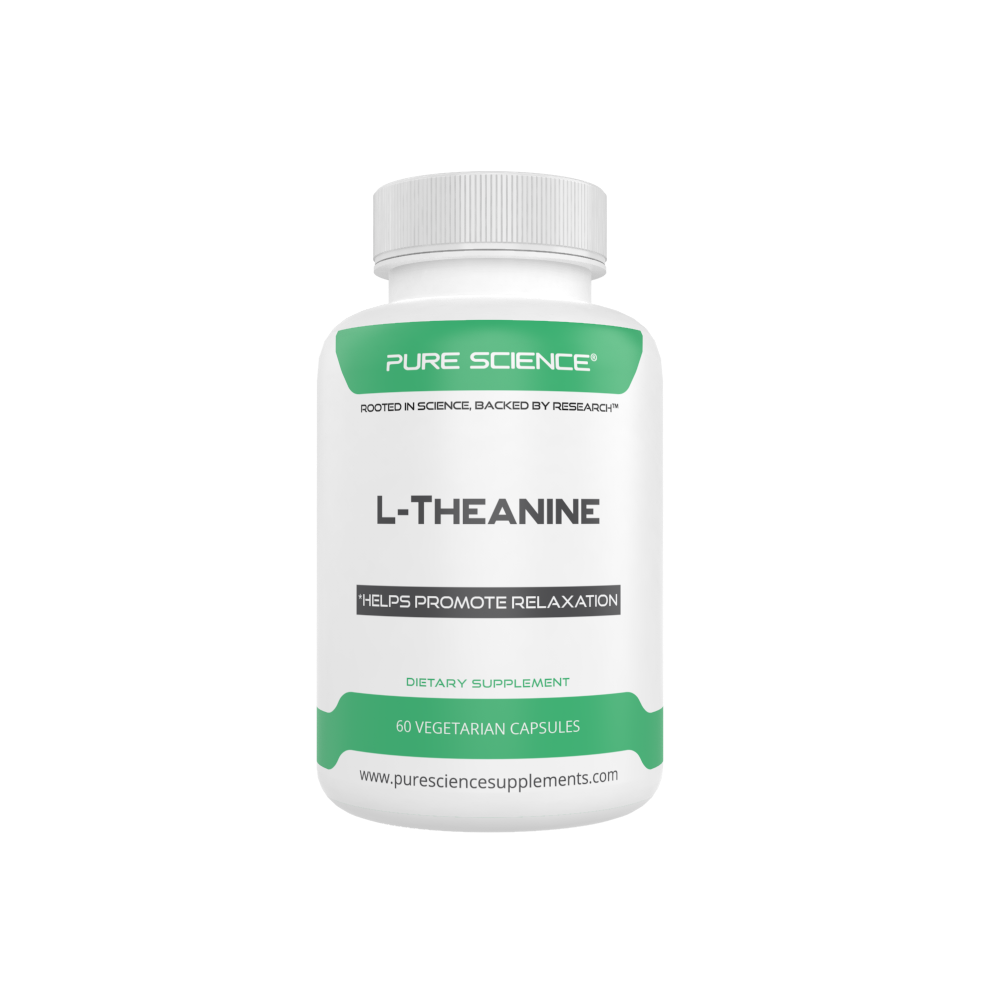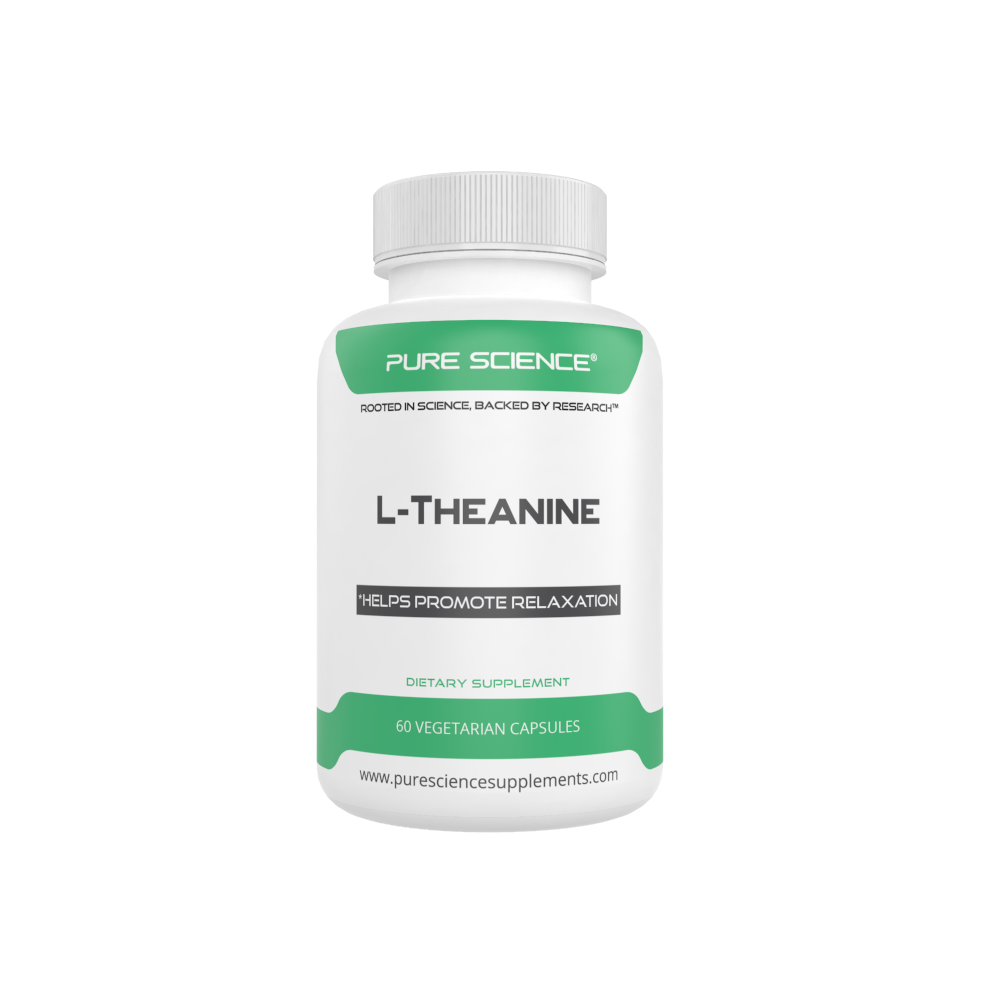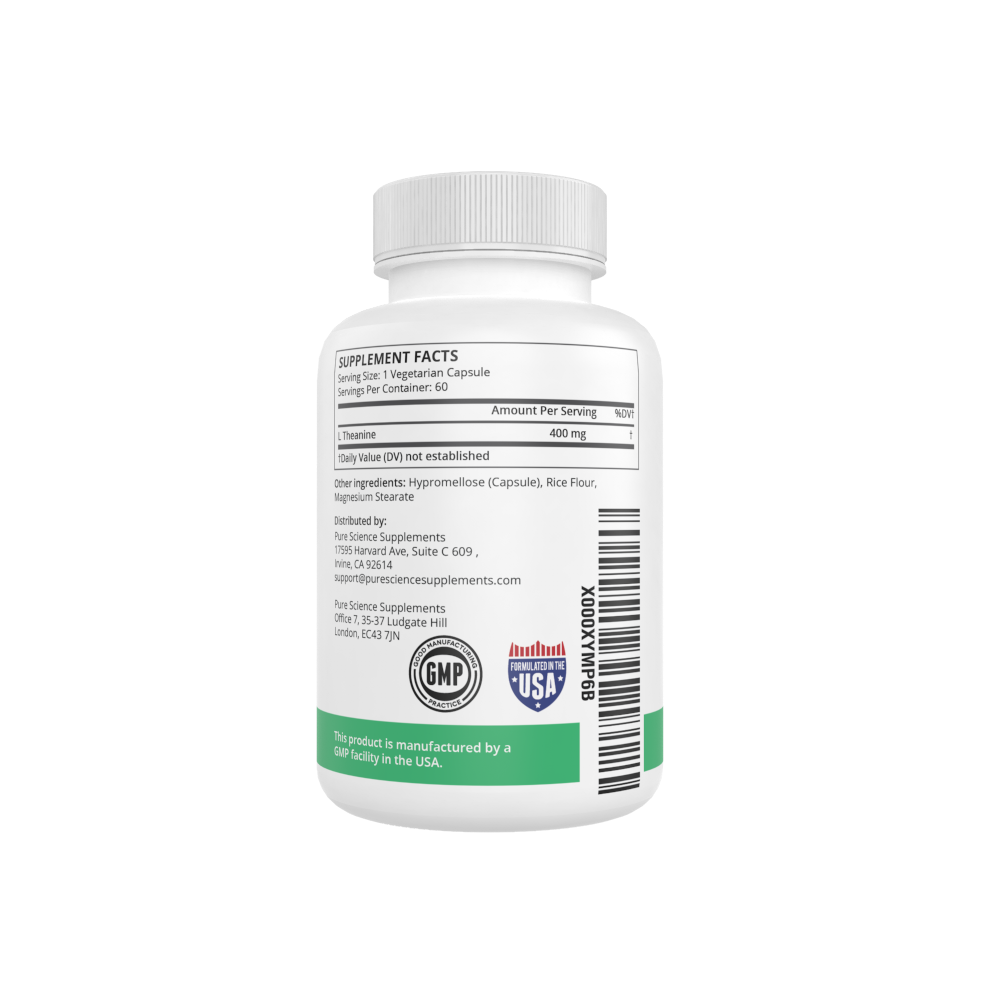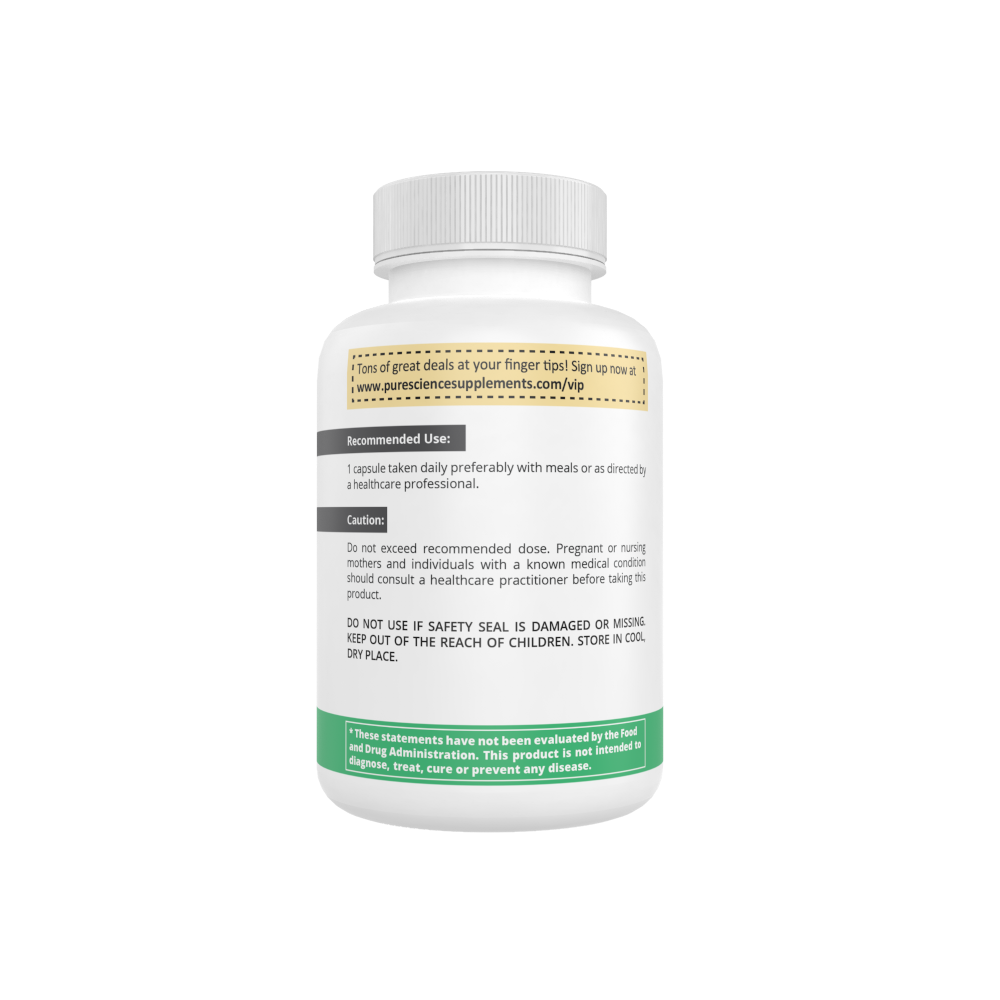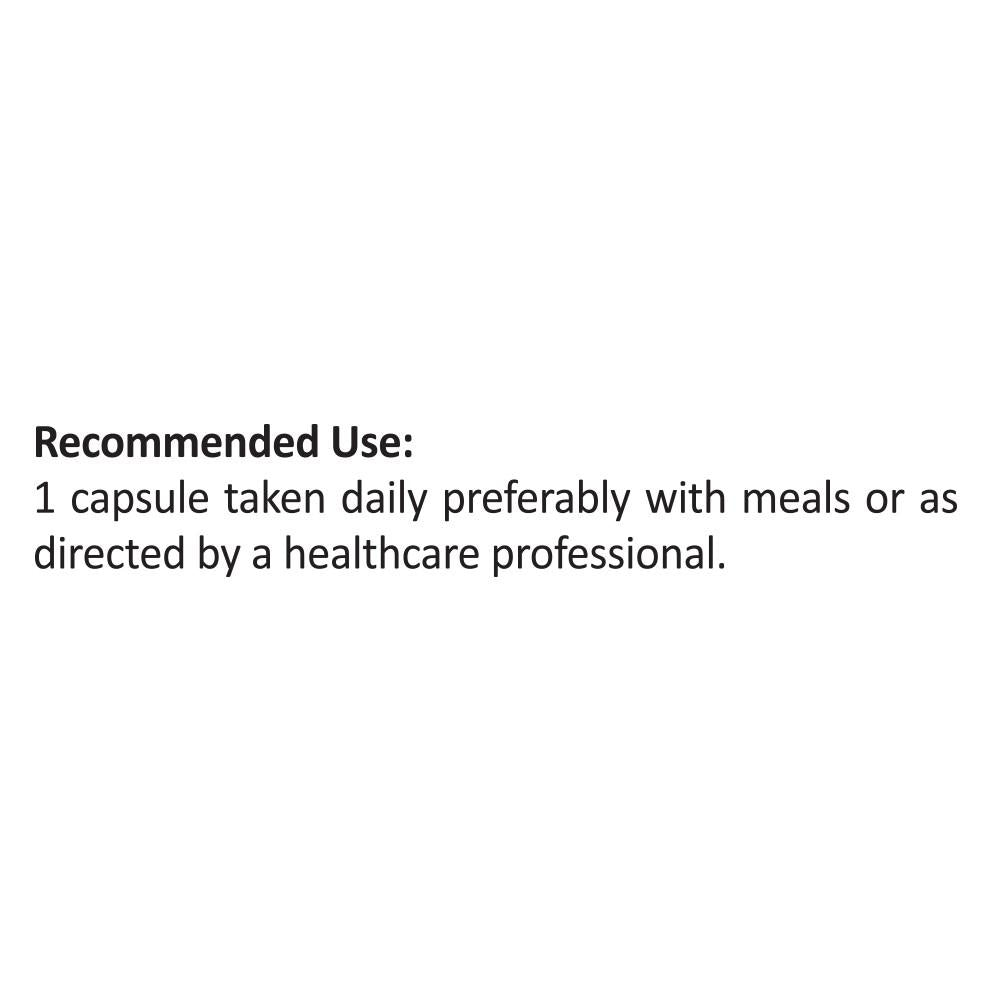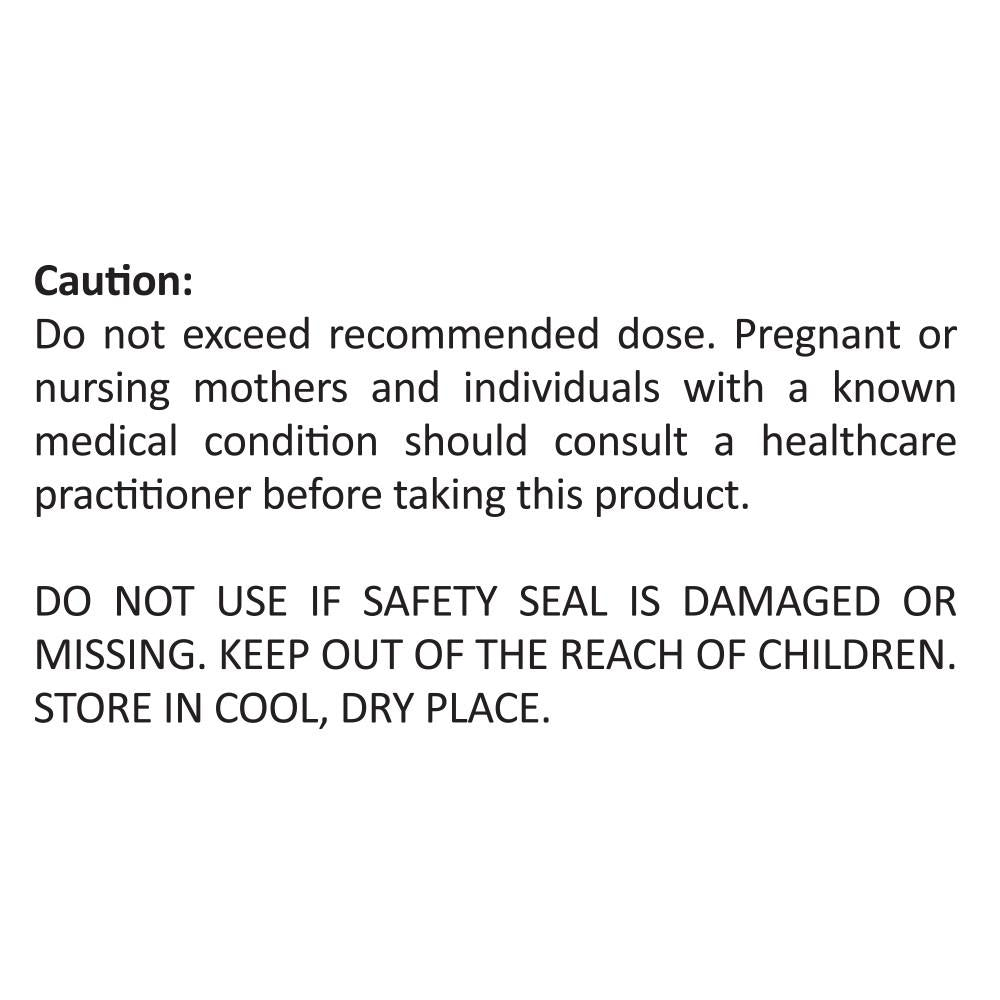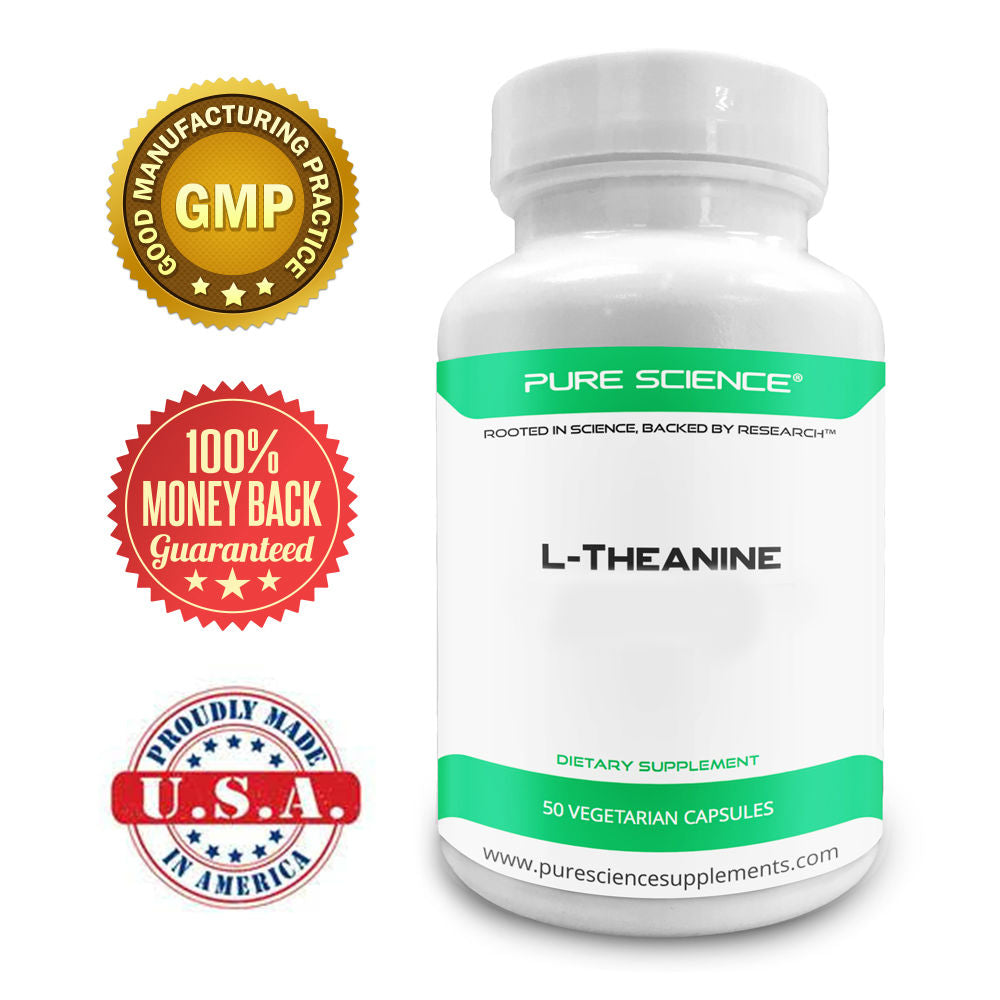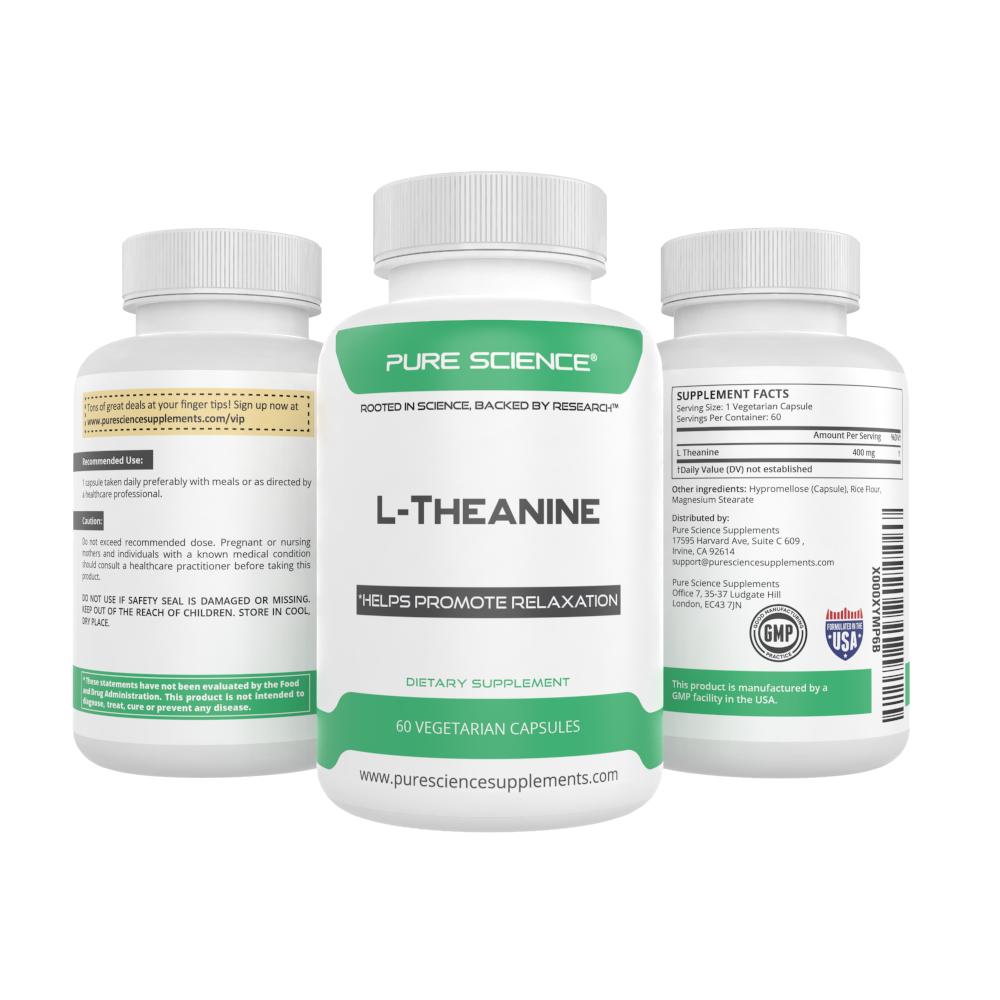The hallmark of epilepsy, a neurological condition that affects the brain, are recurring seizures. Various symptoms, such as loss of consciousness, convulsions, and strange behavior, can be brought on by these seizures. They may be brought on by a variety of things, such as stress, lack of sleep, and some drugs, and can range in severity and duration.
The severity of epilepsy can significantly affect a person's quality of life. Due to the possibility of having a seizure in public, persons may feel socially isolated as a result of seizures, which might interfere with everyday activities. If a seizure happens while driving or performing another activity, epilepsy can also result in bodily injuries such falls or automobile accidents.
Medications are frequently used to manage seizures as part of epilepsy treatment choices, however some patients might be curious about trying out unconventional methods. In certain studies, the amino acid L-theanine, which is present in tea leaves, has demonstrated promise as a potential treatment for epileptic symptoms.
History
Tea leaves contain the amino acid L-theanine in their natural state. It has been employed in conventional medicine for many years and has become more well-known in recent years due to potential health advantages.
How it works
Tea leaves contain the amino acid L-theanine in their natural state. It is believed to function by raising the concentrations of several neurotransmitters in the brain, such as dopamine and serotonin. Low levels of these neurotransmitters have been connected to a number of mental health disorders, and they play a role in regulating mood and behavior.
Alpha waves, which are connected to relaxation and alertness, are thought to be produced in the brain more frequently when L-theanine is consumed. Additionally, it might prevent the release of some excitatory neurotransmitters like glutamate, which can lessen the frequency and intensity of seizures.
L-theanine may affect neurotransmitter levels in addition to having anti-inflammatory and antioxidant characteristics. These results could support its potential advantages for treating epilepsy symptoms. To completely comprehend the processes by which L-theanine may lessen epileptic symptoms, more research is nonetheless required.
Studies and result
Numerous research has looked into L-potential theanine's to reduce the symptoms of epilepsy.
One study evaluated the effects of L-theanine to a placebo and included 60 people with epilepsy. It was published in the Journal of Clinical Neurology. According to the study, participants who took L-theanine in addition to their regular drugs saw much fewer seizures than those who received a placebo. In this trial, 200 mg of L-theanine was used daily.
Another study that used a small number of epileptics and was published in the Journal of Epilepsy Research discovered that L-theanine was efficient in lowering seizure frequency. The daily dose utilized in this trial varied from 400 to 800 mg.
L-theanine may be a promising treatment for epileptic symptoms, according to these studies. However, it is crucial to keep in mind that the trials were limited and that additional study is required to completely understand its effectiveness and the right dosage. It is crucial to consult a healthcare professional before beginning any new supplement.
Recommended Dosage
L-theanine was employed in the aforementioned investigations at doses ranging from 200 to 800 mg daily. Before beginning any new supplement, it is crucial to check with a healthcare professional because the right dosage may change depending on the individual's unique set of circumstances.
Conclusion
Overall, the data points to L-theanine as a potential complementary therapy for epilepsy sufferers. While further research is required to completely understand its efficacy and the right dosage, it might be worth taking into account for people seeking a natural means of symptom management.
Reference
- Journal of Clinical Neurology (https://www.ncbi.nlm.nih.gov/pmc/articles/PMC5859046/)
- Journal of Epilepsy Research (https://www.ncbi.nlm.nih.gov/pmc/articles/PMC5525782/)





